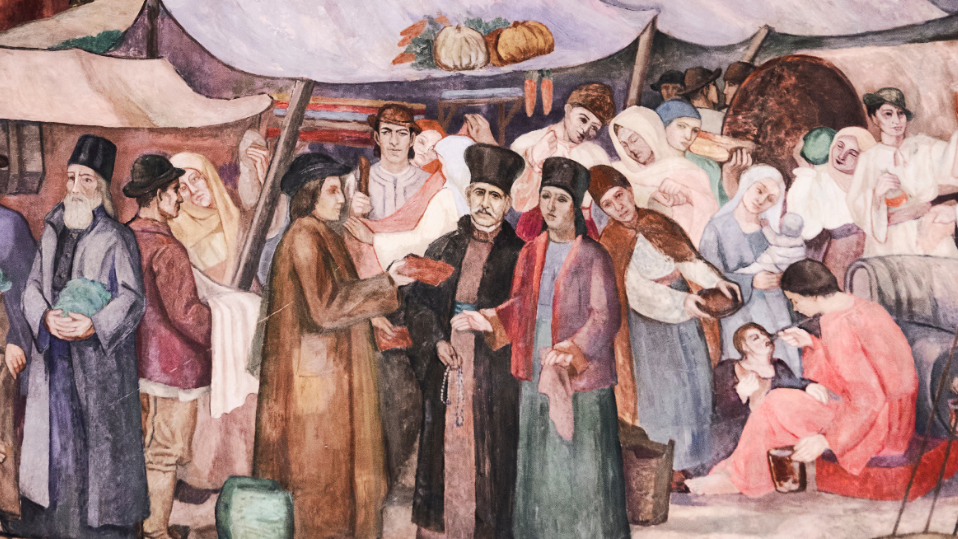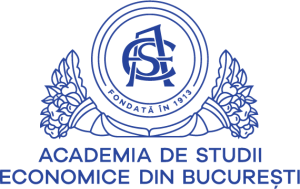ABOUT
-
Georgeta-Mădălina MEGHIȘAN-TOMA, Professor PhD
Vice-Dean of Bucharest Business School, Coordinator of INDE MBA
- Digital Marketing- evolution overtime
Digital marketing plays an important role in promoting higher education programs by leveraging effective marketing strategies, enhancing engagement through technology and addressing entry barriers. The integration of digital tools in the Communication plan facilitates a better reach of the main target, engaging prospects and, thus, improving the organization’s competitive position on the market.
Higher education institutions (HEIs) have all the same goal when applying their marketing communication strategies (Kisiolek et al., 2021):
- They all make use of various digital marketing communication tools to achieve goals such as branding and student recruitment, which are essential for their marketing strategies;
- They all focus on recruitment as a universal goal across different countries;
The data from the Chart no 1 provides a summary of the number of documents published over time, based on the research trends within the field of digital marketing. The pandemic situation due to COVID-19 had an important influence on the research interest for this topic. (416 documents published in 2021; 437 documents published in 2022; 397 documents published in 2023; 373 documents published in 2024)

Chart no 1. Documents over time in Digital Marketing Source: www.webofscience.com , accessed December 2024
Topic map address the big picture, emphasizing the direct relationship between topics, based on the research publications within the field of digital marketing: communications management, media market, organizational structure, knowledge transfer. The indirect connections with the topic of digital marketing mainly refer to: innovation, digital platform, media marketing, trust building, brand awareness. (Graph no 2)

Graph no 2. Topic map for digital marketing Source: www.webofscience.com, accessed December 2024
- Use of Generative Artificial Intelligence (AI) in Marketing
According to the results of a market research conducted by WorldPress and also published by Statista, 52% of the respondents said they did not use any AI tool. The most used tool for content- related tasks among marketers was ChatGPT (29%). (Graph no 3)

Graph no 3. Leading generative artificial intelligence (AI) tools used for content- related tasks among marketers worldwide (2024) Source: www.statista.com, accessed December 2024
According to the results of a market study conducted by Basis Technologies and also published by Statista, 52,5% of respondents stated that they used generative AI to draft content, 13,4% of respondents for ad personalization, while 11,4% of respondents use AI for producing images or videos. (Graph no 4)

Graph no 4. Leading generative AI uses according to marketers & advertisers worldwide (2023) Source: www.statista.com, accessed December 2024
According to the results of a market survey conducted by Microsoft Advertising & IAB Europe, and also published by Statista, 78% of respondents reported operational efficiencies as an important reason for using generative artificial intelligence, followed by 60% of respondents that perceive a competitive advantage. Other reasons for generative artificial intelligence use are: cost efficiencies (57%), help develop creativity (46%), improve brand effectiveness (35%), market decisions and priorities (29%). (Graph no 5)

Graph no 5. Reasons for generative AI adoption in business in Europe (2024) Source: www.statista.com, accessed December 2024
- Qualitative research – Interviews outcomes
Six interviews were conducted with alumni from business schools, in order to assess future developments to boost online presence of higher education organizations. The interviews were conducted online based on an interview plan during November, 20th-30th, 2024. The results of the interviews are presented as follows.
The business schools can boost their online presence through:
- More engaging social media content;
- Improved search engine optimization;
- Better targeted advertising.
The digital content that is adapted for an MBA program refers to:
- Webinars and live sessions;
- Faculty expertise and profile;
- Career placement statistics.
The preferred digital information source about educational programs consists in:
- Email newsletters;
- Social media updates;
- Blog posts/ articles.
The participants in the interviews think that the most adapted digital marketing strategies are:
- Interactive webinars;
- Mobile app;
- Personalized e-mail campaigns;
- Virtual reality tours of the campus.
Conclusions
Digital advertising has rapidly increased recently, with an important raise in the use of generative artificial intelligence (Ford et al., 2023). Moreover, the scientific literature offers a lot of potential in this new emerging area of research so, there is an opportunity for further research development. Business schools should be the first to adopt the integration of generative AI in their digital marketing strategies with the purpose of increasing student engagement and enrolment on one hand and, on the other hand, boosting brand awareness. Also, business schools should act as role models in terms of innovative approach in digital marketing.
References
- Ford J., Jain V., Wadhwani K., Gupa D. G. (2023). AI advertising: An overview and guidelines, Journal of Business Research, 166, pp. 114-124, https://doi.org/10.1016/j.jbusres.2023.114124 ;
- Kisiolek, A., Karyy O., Halkiv L. (2021). The utilization of Internet marketing communication tools by higher education institutions (on the example of Poland and Ukraine, International Journal of Educational Management, vol. 35, issue 4, pp. 754-767, 10.1108/IJEM-07-2020-0345 ;
- *** www.statista.com, accessed December 2024;
- *** www.webofscience.com, accessed December 2024;





